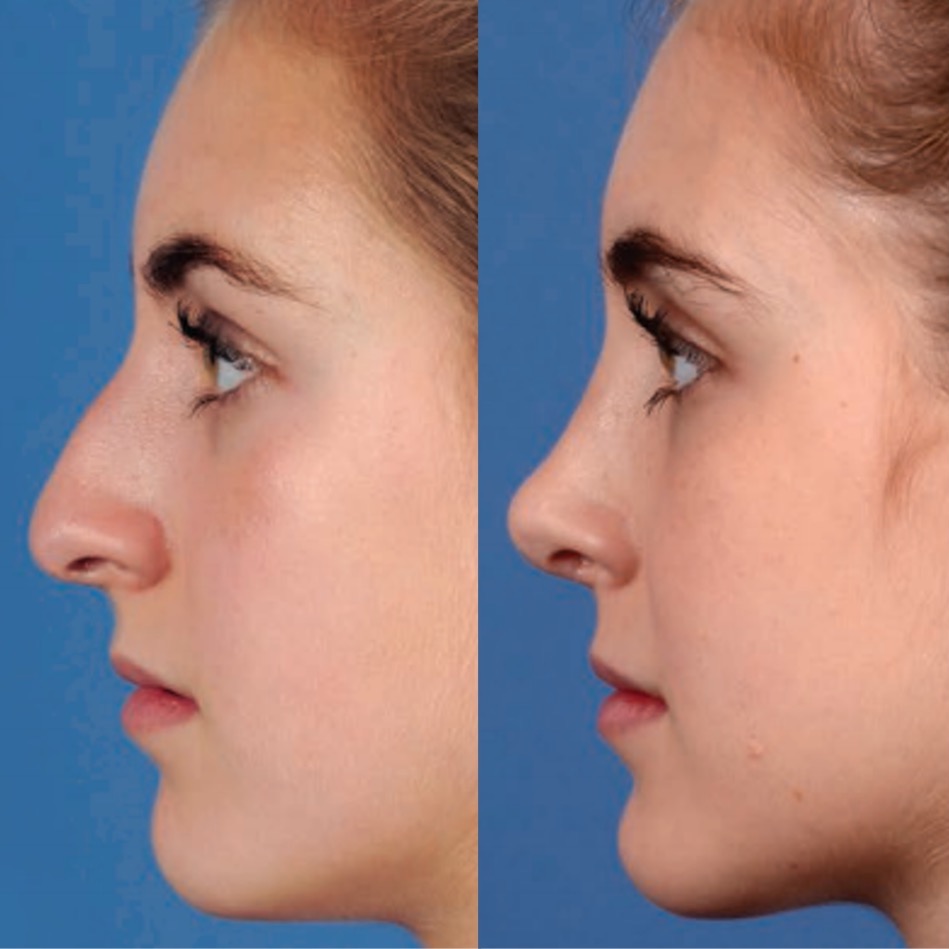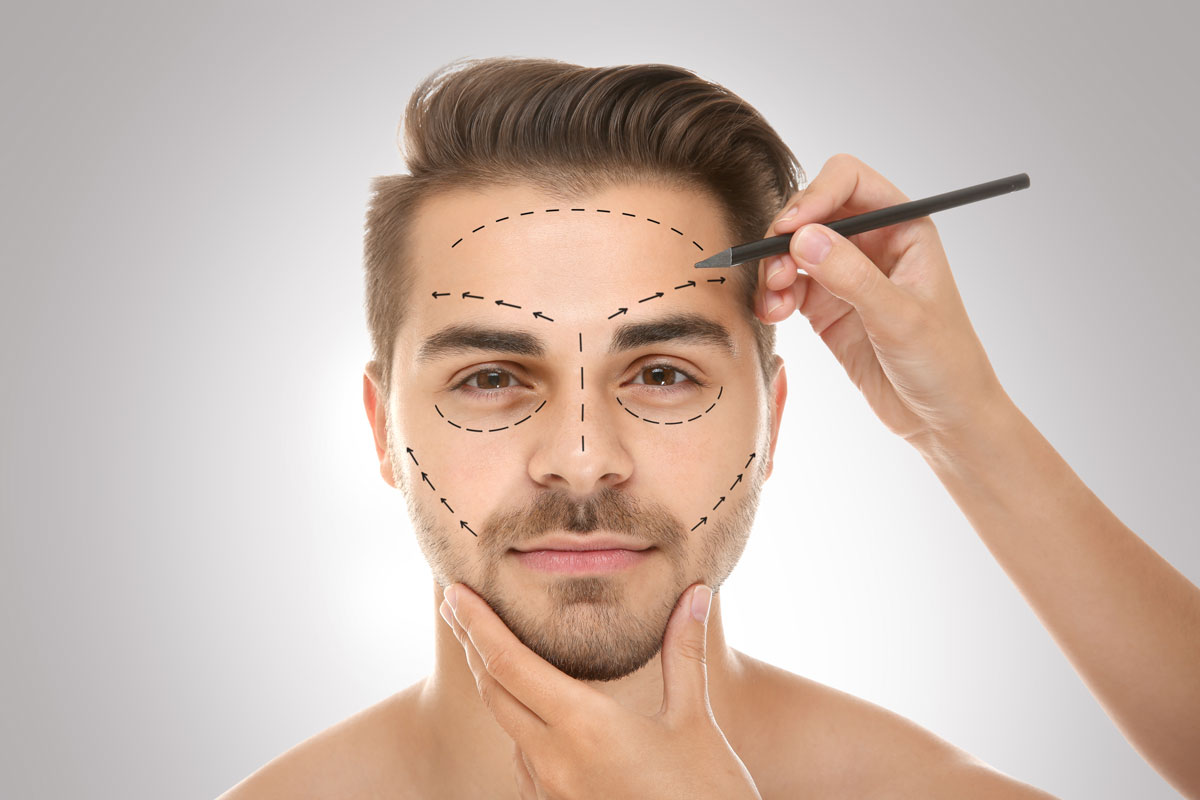Exploring the Mental and Social Aspects That Drive Individuals to Think About Cosmetic Surgery as a Way of Improvement
The decision to pursue plastic surgery often extends past plain aesthetic appeals, intertwining with mental and social characteristics that merit extensive examination. Variables such as self-worth, pervasive societal appeal standards, and the prevalent influence of social media assemble to shape private motivations for medical enhancement. As these influences become progressively popular, recognizing the underlying social and emotional contexts is essential. What continues to be to be discovered is the profound effect these variables have not just on individuality however likewise on more comprehensive societal standards and values surrounding elegance and approval.
The Role of Self-worth
Self-worth significantly influences a person's decision to seek cosmetic surgical procedure. Individuals with low self-esteem usually view themselves in an adverse light, leading to sensations of insufficiency concerning their physical appearance.

Inevitably, the duty of self-confidence in the decision-making procedure relating to cosmetic surgery highlights the complex interaction in between body photo, personal satisfaction, and mental health. Understanding this relationship is essential for medical care professionals to make sure that patients are making educated choices rooted in sensible assumptions and emotional well-being.
Social Appeal Standards
Influenced by prevalent media portrayals and cultural stories, societal appeal criteria play an important duty in shaping individuals' assumptions of their very own bodies. These standards are often defined by an idyllic kind of elegance that highlights traits such as symmetry, youthfulness, and slimness. As these suitables are perpetuated with different networks, including movie, television, and advertising and marketing, individuals often internalize these messages, causing discontentment with their all-natural appearance.
The effects of these societal norms prolong past aesthetic preferences; they can affect self-worth, mental health and wellness, and social relationships. Individuals who perceive themselves as dropping brief of these requirements may experience feelings of insufficiency, prompting a need for plastic surgery as a way of accomplishing social approval. This search is frequently sustained by the idea that satisfying these perfects will enhance not just physical look yet also social standing and individual satisfaction.

Influence of Social Media Site
The effect of social elegance standards is more magnified by the surge of social media platforms, where curated pictures and idyllic representations of elegance are ubiquitous. Individuals are continuously subjected to filteringed system and modified pictures, which usually portray unattainable physical qualities. This direct exposure grows a society of contrast, leading individuals to analyze their very redirected here own look versus these often impractical benchmarks.
Social network influencers and celebs regularly advertise cosmetic procedures, normalizing the concept that surgical enhancements are a feasible methods for attaining social perfects (plastic surgery rancho cucamonga). The presence of these improvements can develop an assumption that undergoing plastic surgery is a conventional practice, thus influencing individuals to consider comparable interventions as a path to enhanced self-esteem and social acceptance
Moreover, the interactive nature of social media sites permits immediate feedback via sort and remarks, further enhancing the wish to satisfy preferred elegance requirements. Such interactions can exacerbate sensations of insufficiency and drive people toward plastic surgery as a way of getting recognition. Eventually, social networks plays a critical role in forming understandings of charm, which considerably impacts the decision-making processes bordering plastic surgery.

Cultural Point Of Views on Appearance
Throughout different cultures, perceptions of look are deeply rooted in historic, social, and economic contexts, forming people' sights on charm and value. In numerous societies, appearance acts as a significant pen of identification, influencing social standing, specialist chances, and personal partnerships. As an example, in some societies, light skin is frequently related to wide range and opportunity, while others may glorify darker skin tones as symbols of toughness and authenticity.
Furthermore, traditional beauty standards are usually continued through social narratives, media depictions, and household affects, leading to differing ideals throughout different areas (plastic surgery rancho cucamonga). In Western cultures, the focus on youth and physical fitness typically drives individuals towards cosmetic improvement, while in particular Eastern societies, even more refined changes straightened with conventional looks may be favored
Globalization and the proliferation of electronic media have actually better complicated these characteristics, creating a hybridization of appeal ideals that transcends geographical boundaries. As people significantly navigate these cultural stories, the stress to satisfy certain look standards can cause the desire for plastic surgery, reflecting a complicated interaction of cultural values and personal desires. Recognizing these social perspectives is necessary in addressing the motivations behind cosmetic surgical procedure factors to consider.
Mental Effects of Plastic Surgery
Lots of individuals seeking cosmetic surgery report experiencing profound mental effects that can substantially change their self-perception and emotional well-being - click for more plastic surgery rancho cucamonga. The wish for physical improvement commonly comes from underlying issues such as low self-esteem, body dysmorphic condition, or societal pressures regarding elegance criteria. For some, the instant post-operative stage can bring about a short-lived increase in self-esteem and complete satisfaction with their appearance, promoting a feeling of empowerment
Nonetheless, these favorable sensations may not be withstanding. Research shows that while some individuals experience improved self-esteem, others might deal with heightened anxiousness or depression if their assumptions are not met. This disparity can develop from unrealistic perfects perpetuated by media representation and cultural narratives bordering appeal.
Additionally, the emotional ramifications of plastic surgery expand beyond the person. Relationships with family and friends may be strained as social dynamics change, resulting in sensations of isolation or alienation. Inevitably, the psychological effects of plastic surgery are complex and diverse, needing cautious factor to consider by both potential patients and doctor to ensure educated decision-making and realistic expectations.
Final Thought
To conclude, the decision to go after plastic surgery is significantly influenced by a mix of self-worth issues, societal elegance standards, and cultural perspectives on look. The pervasive reach of social media sites further intensifies these stress, advertising impractical perfects that individuals typically strive to acquire. Understanding these psychological and social elements is necessary for addressing the motivations behind plastic surgery, highlighting the requirement for a much more nuanced discussion bordering charm and self-acceptance in modern society.
The choice to seek cosmetic surgical procedure typically expands past simple aesthetics, intertwining with social and psychological dynamics that merit view website complete assessment. Eventually, social media plays a critical duty in forming assumptions of elegance, which dramatically influences the decision-making procedures bordering cosmetic surgery.
As people significantly browse these cultural stories, the pressure to adapt to certain appearance standards can lead to the desire for cosmetic surgical procedure, reflecting a complicated interplay of social values and personal goals.In final thought, the decision to go after cosmetic surgical procedure is dramatically influenced by a combination of self-worth problems, social elegance standards, and cultural perspectives on look. Recognizing these social and mental elements is important for dealing with the motivations behind cosmetic surgery, highlighting the demand for a more nuanced discussion surrounding elegance and self-acceptance in contemporary culture.